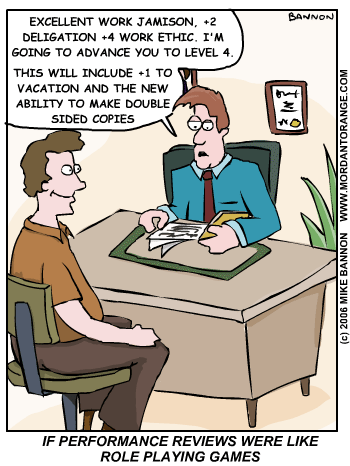
I’ve been interviewed by L’Atelier (the original french one)Â last week on what middle management and collaborative organizations are. As frequently written before, I believe that communities inside enterprise are born from the top and live at the bottom. So, what about the middle management(french version here) ?
Once during a conference, I’ve asked this question to a speaker who was managing communities in its company. The answer was clear: « The middle management is between two slices of bread, or ham suits or it is crushed ». It reminds me of an article entitled « Death of the middle managers: thinking of Enterprise 2.0 and Corporate Culture Change« . Needless to say that this subject is somehow taboo…
This subject is not neutral, those managers will be the main intermediaries in the establishment of the community and collaborative platform in your organization. They are the ones who will enable cultural changes to occur. They are both the most impacted and the leaders of change.
If the middle management is opposed to the project, the risk of failure is at its top level (they are are key to acceptance of 2.0). Now, do not be fooled, in a collaborative organization, the traditional role of the management will certainly evolve.
As Peter Drucker said: « 90% of what we call management is to complicate employees’s activities. In a new world of management, I see employees being able to manage their workload and seek support for a coach when needed. » This definition looks like a collaborative enterprise, does’nt it.
Indeed, this collaborative model questions the idea that « information = power » which is the traditional management cornerstone. Information descend from the top of the pyramid, each manager distilling information sparingly. In the enterprise 2.0, information becomes accessible to all and the manager loses its traditional power.
Similarly, the role of manager is to assess his team. In a networked system the « internal personal branding » is proeminent and will necessarily play an important part on the employee’s reputation, within the company. Again the traditional role of evaluator is diminished. Finally, the manager often take advantage from the outcome of his team.Crossed work, transparency and equity contributions will limit this type of attitude. The relationships are less hierarchical and more network oriented.
These transformations lead to rethinking leadership in business and support this change in management culture. This does not necessarily mean that there is an evolution of skills, but the management postures will anyway evolve. Managers will have a facilitator role, enabling the team to collaborate and get organized on its own. Their role is less hierarchical, and more leadership oriented.
It is therefore about involving frontline management and enable it with new career opportunities. Above all, do not miss this quiet evolution by letting the managers on the side of the road. As developped before in another article (in french), the key point is to not leave anyone behind, whatever the reason is technological or organizational. The sooner the middle managers will be involved, the least they will feel « the last wheel of the coach » and will be open and ready to change.
They also need incentives and collective performance assessment rather than individual. The local managers play an important role in the cultural change and have to be equally recognized for their contribution to the collaborative enterprise. This must be part of their assessment too.
Of course, the role of « community manager » might be uncorfortable for them, because sometimes it is too far from their history and working culture. In this case, the company should reorient them to other roles to better value their expertise.
When conducting a pilot, let the frontline managers become the ambassadors. One is often more easily convinced by its peers. They will tell their own story which will highly resonate with their counterparts experiences. The other managers will therefore positively validate what has to be changed.
As you can see, there is no magical recipe. There are always people reluctant to changes, as a manager recently said to me: « Why change? « with all the fear possibly contained in the words. These managers know exactly what they have to lose, then show them what they have to win!
